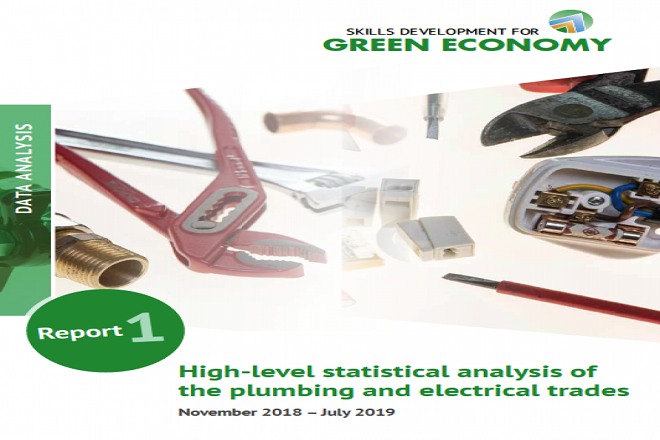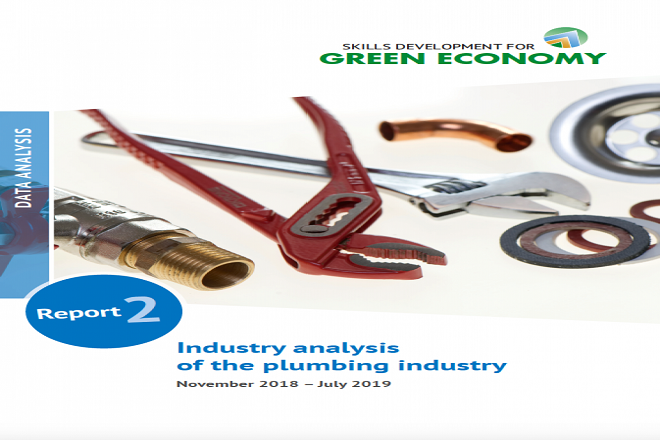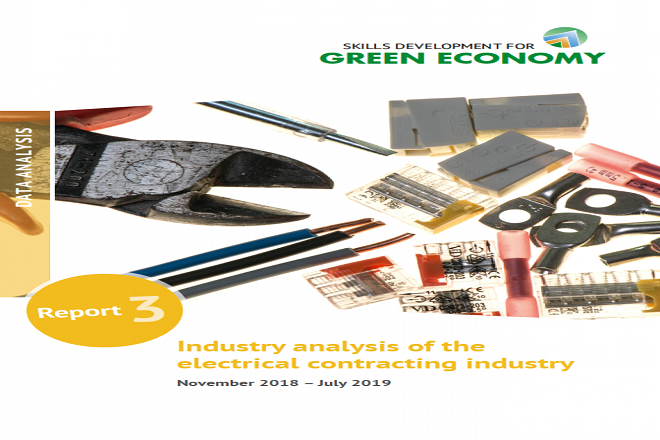South Africa

| Title | Skills Development for a Green Economy (SD4GE II) Labour market analysis in the plumbing and electrician industry |
| Type of project | Energy Efficiency and Renewable Energies, Labour Market, Vocational Education and Training (VET) |
| Client | Deutsche Gesellschaft für Internationale Zusammenarbeit (GIZ) GmbH, Eschborn, Germany |
| Origin of funding | Deutsche Gesellschaft für Internationale Zusammenarbeit (GIZ) GmbH, Eschborn, Germany |
| Duration | 11/2018 - 06/2019 |
The Skills Development for a Green Economy Programme II (SD4GE II) supports a structural change towards more employment-oriented dual TVET approaches in South Africa. It supports
- the cooperation of private and public stakeholders to promote dual training approaches,
- the implementation of the Dual System Pilot Project (DSPP), and
- strengthening of the capability of lecturers and mentors at TVET colleges and companies.
Aiming to support structural change towards more employment-oriented dual TVET approaches includes increasing the quality of vocational trades and short courses as per the requirements of the Plumbing and Electrician industries. Therefore SD4GE II would like to better understand the make-up of these industries in South Africa, operating in the formal and informal sector including the township economy.
The main objective of the firm of consultants is thus to support SD4GE II by conducting an extensive labour market analysis for the plumbing and electrician industries, including both the formal and informal sectors within specified provinces and in townships. The analysis shall lead to a comprehensive understanding of the different partners on industry as well as company level and their specific labour market needs.
To understand the requirements of industry, a strong demand-side perspective will be taken. This will be complemented by statistical research and further research to understand the patterns and trends in employment, skills and uptake of skilled artisans. In the end, a combination of quantitative and qualitative research will be used iteratively to build a comprehensive picture of the two labour markets and how well the TVET and the private sector are collaborating, sharing information and the role of other meso and development organisations in supporting this dynamism.




